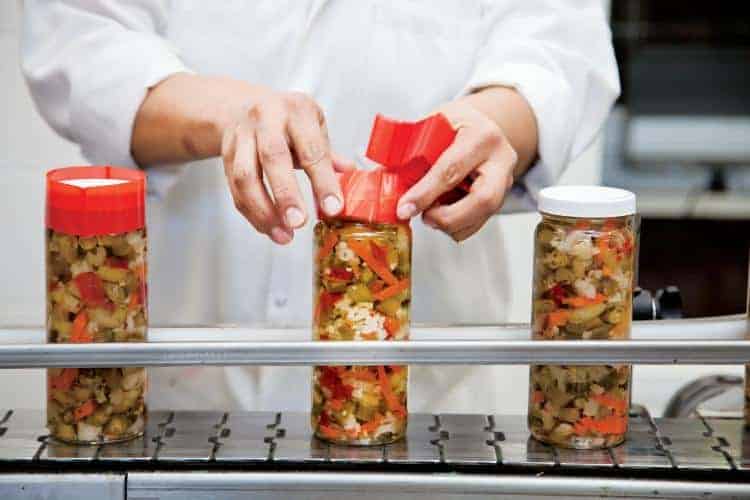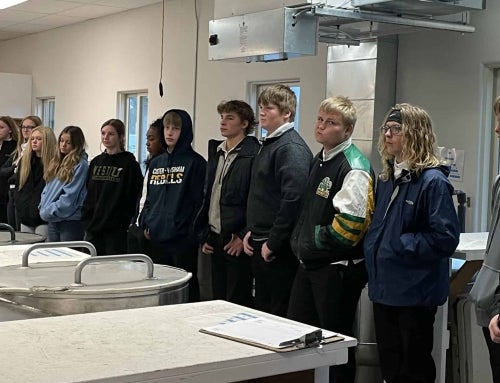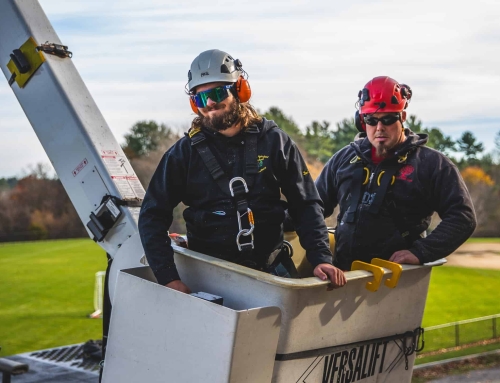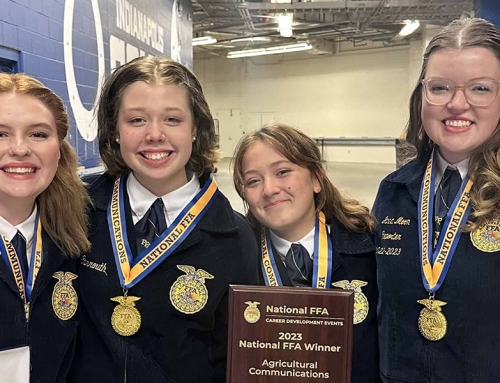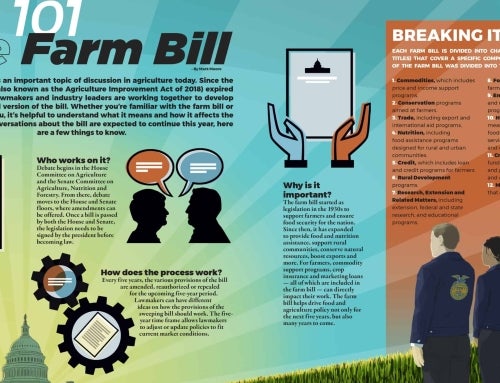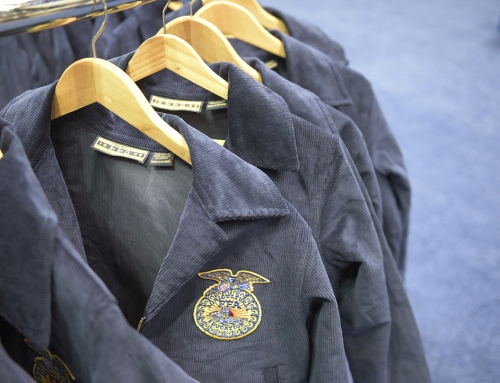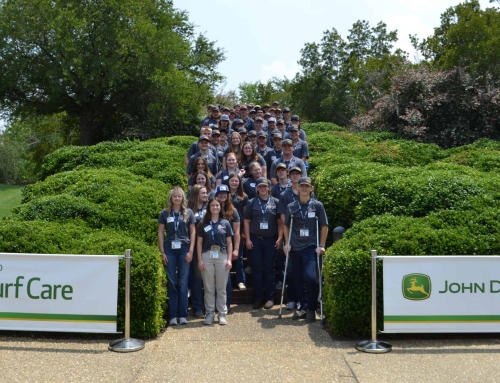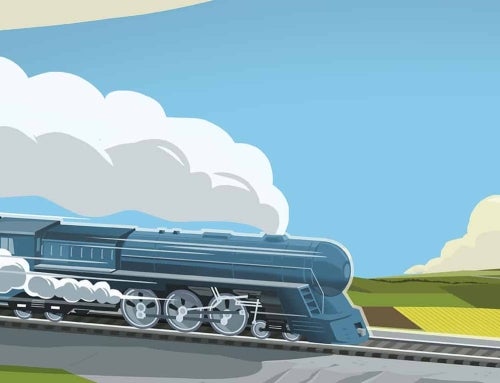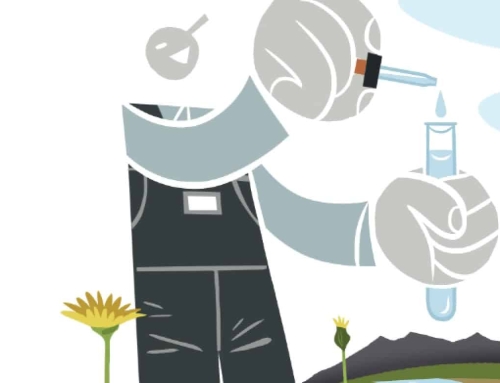Chew on this: as society continues to focus on diet and health, this career pathway continues to expand.
Individuals working in Food Products and Processing may uncover new food sources, study and evaluate food content, and generate ways to satisfy industry and government regulations when processing, preserving, packaging and storing food.
They also create new food products and inspect food-processing areas to make sure that all necessary standards are met including sanitation, safety, quality and waste management.
The food science industry incorporates food chemistry, food microbiology, food safety, nutrition, food processing and food technologies in its careers. But this doesn’t mean everyone is going to work in a lab.
Communication skills and knowledge of basic business principles is also important. Some graduates may go into product development or processing, while others find jobs at regulatory agencies or in management and sales.
Industry Outlook
As the population expands and the public increases their focus on diet, health and food safety, the job opportunities will grow and strengthen for food scientists and technologists – especially in quality assurance and food safety. Food scientists produce food, ensure its safety and develop new products; they deal with food until it goes into the stomach of consumers. Because of this, as long as people have to eat, there will be careers in food products and processing.
Career Opportunities
Some careers in this pathway include:
• Food and drug inspector
• Meat scientist
• Food scientist
• Dietician
• Quality control specialist
• Development chef
Education Requirements
College students preparing to work as food scientists/technologists take courses such as food chemistry, food analysis, food microbiology and food processing operations. Many jobs require more advanced degrees with research experience.
Agricultural and food scientists/technologists should be able to work independently or as part of a team and be able to communicate clearly and concisely, both in speaking and writing. Most agricultural scientists also need an understanding of basic business principles.
Prepare Now
To pursue a career in Food Products and Processing, a solid education in science is key. Take multiple science courses during middle and high school, which will create a good base of knowledge when entering college. Agriscience can also help you prepare for a food science career, through research projects and classroom instruction. Seek opportunities to job-shadow food science professionals and others within this industry to learn even more.

